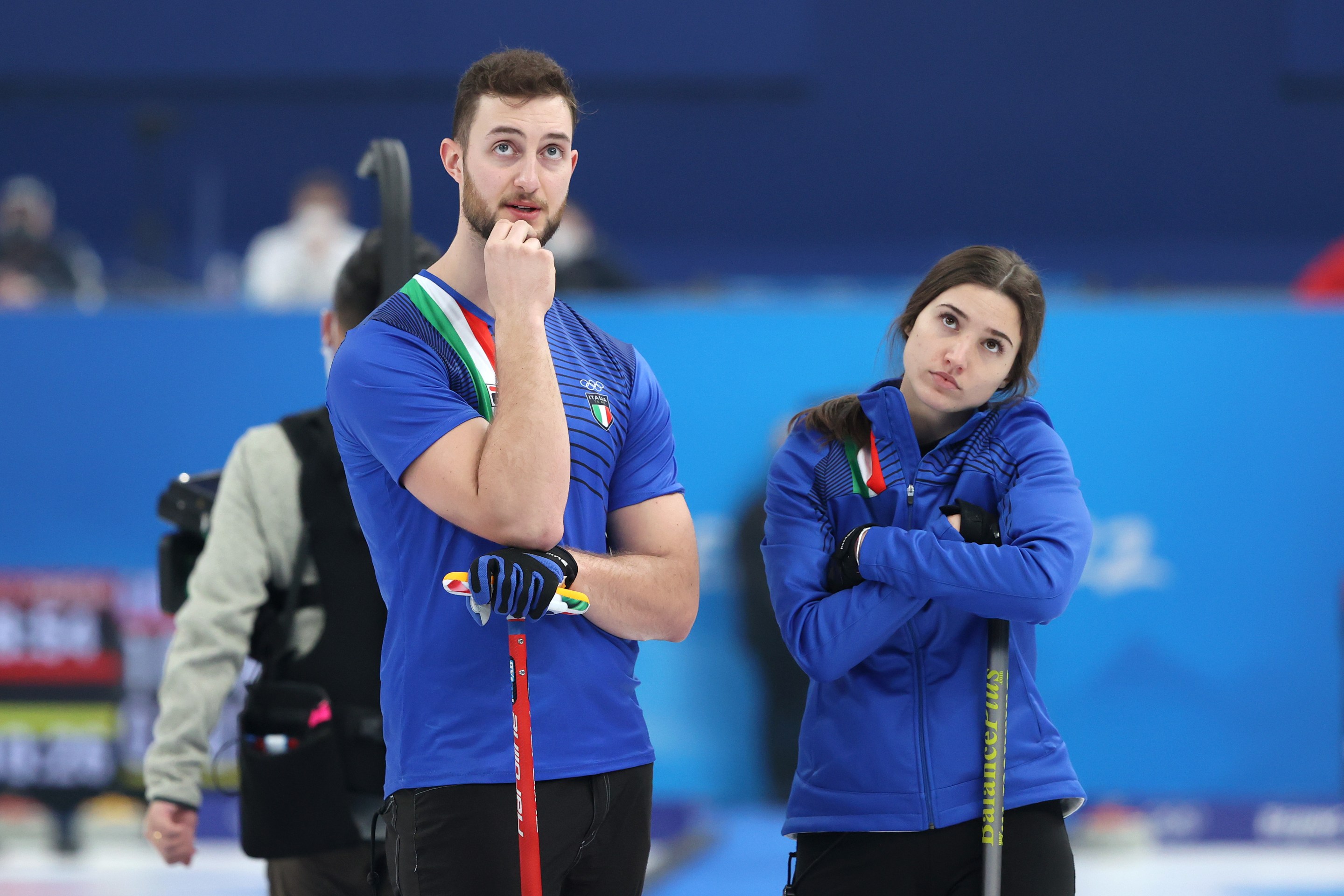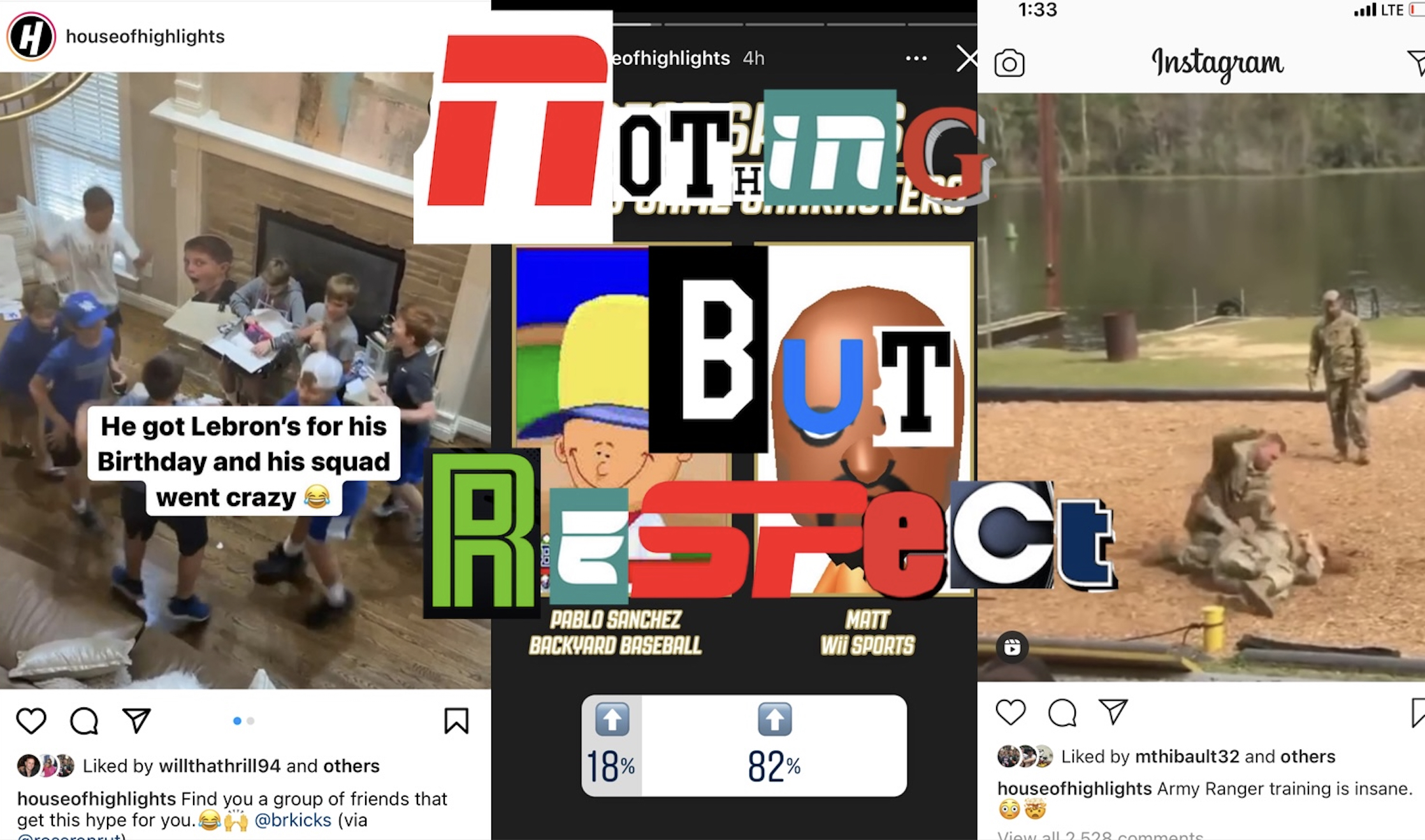On March 10, 2023, researchers wandering around a natural reserve in western Colombia stumbled upon two coral snakes tussling over a caecilian. This epic battle of worm v. worm v. worm was documented in the journal Herpetozoa. The snakes gripped their hapless prey with their mouths and tugged on the amphibian in opposite directions, occasionally twisting their entire bodies to maintain their hold or even biting the head of their competitor. The battle lasted 17 minutes, during which time Defector was fortunate enough to collect statements from both predators. Here, the two snakes present their cases.
Point: I Was Here First, By A Snake
As a red-tailed coral snake—Micrurus mipartitus if you're a pedant—I live a simple life. I'm known to slither around South and Central America, but my favorite spots to hit up are coffee and sugarcane fields in Colombia. I grow up to four feet but I'm rather slender, which lets me slip in between weeds, fallen leaves, and grasses mostly without detection. After all, I only come out at night.
The night of March 10, however, I had abandoned my agricultural loitering and made my way into the beautiful rainforest of the Valle del Cauca. My journey was long, and I had grown hungry. I began searching for food. Perhaps I would find a juicy frog, a flavorful lizard, or my favorite treat of all—the slimy, limbless, often eyeless amphibians called caecilians. They look uncannily like me, a snake, which means they are exceedingly satisfying to swallow and don't create any of the unseemly bumps and lumps that some other prey, such as frogs and lizards, create in my lithe body. Plus, they're coated in this delicious glaze that researchers call mucus. They slime themselves in snot when trying to escape from predators like me, but if I manage to keep my grip on them, it's like hunting a pancake that's just drizzled itself in maple syrup. Yum!
So there I was, among the rain-slicked rocks of the rainforest, waving my little tongue in the air to sense for airborne chemicals that might reveal my prey's hiding spots. Suddenly, there it was: the mouthwatering scent of a caecilian! My pace quickened and in a few minutes I'd snagged my plump and glossy prize in my fangs. The pitiful caecilian attempted to wrest itself from my grasp, but its attempts were futile. A caecilian is no match for a snake! I had yet to swallow my prey, but my mind flooded, Ratatouille-style, with the symphony of flavors I would soon revel in. I had scarcely closed my eyes for a moment to immerse myself in this imagining when I felt a tug from my caecilian. When I looked, I saw the tug had come not from my meal but from my kin, another red-tailed coral snake! I gasped before realizing that, as a limbless predator, I must reserve my mouth for biting. But inside, I fumed. Is there no honor amongst predators?
Stealing food from another animal is the remit of such lowly creatures as birds, lizards, turtles, and the even lowlier invertebrates. I have heard of those loathed polar birds called skuas that lie in wait for other birds to finish their meals only to burst out and scare them, forcing the bird to regurgitate its food, which the skua quickly slurps up. Call me a prude, but I find that disgusting! The practice is called kleptoparasitism, which is a word with frankly offensive mouthfeel. But we are not horrible birds; we are beautiful snakes, with a moral code all our own. We are powerful, wily hunters. We capture our own food. We take down prey much larger than ourselves. Why, as a snake, would you stoop to stealing?
If we descend to such petty crimes, we will lose our status as a feared and revered animal across the world. We will no longer be the face of medicine, disease, rebirth, fertility, eternity, and the universal cycle of life, death, and rebirth. Would you rather be the face of backstabbing your own mate behind his back? Would you rather be a symbol of petty theft, or, as the French say, un petit larceny? Us snakes must stick together, and stealing my lunch was an act of betrayal most out of character for our misunderstood, noble species.
Counterpoint: In A World That Hates Us, We Would Be Fools To Adhere To Some Antediluvian Sense of Intraspecies Morality, By Another Snake
You say you were hungry; what if I was hungrier? You say you were there first, but that is only your word against mine. The video the researchers took only began as we were already engaged in our tug-of-war. When an argument is between two snakes, who is a jury more likely to believe? Perhaps a jury of our peers could decide this fairly, but until a snake can become a lawyer, the readers of this blog are certainly not our peers. Let me ask you this: Why are you, a snake, so concerned with the opinion of humans? What are you trying to prove?
You say snakes are a symbol of medicine, rebirth, eternity. Aren't we also symbols of death, destruction, poison, and evil? Aren't snakes reviled by humans around the world? When people see us, they fear and hate us. They often try to kill us, even when we are not a species that has invaded a native ecosystem. Have you ever heard the saying, "The only good snake is a dead snake"? How could you ever seek approval from a species that talks about us in such a horrible way? Why are you, a snake, prostrating yourself to another species that a reticulated python could swallow whole? Embarrassing!
Kleptoparasitism is a word that people invented to pathologize what is, for us, just another mode of hunting. And even if we were to operate on their terms, one hungry snake stealing food from another seems far more moral to me than something like wire fraud, conspiracy, or the carceral system—is this not the plot of the 2012 human documentary film Les Misérables, starring Amanda Seyfried, friend to all snakes? Even if I steal a caecilian from you, I am still putting in the hard work of capturing prey—in this case, I am just capturing it from you.
This might be hard to hear, but I understand how you are feeling. I, too, have been a hungry snake alone in the world. But if you want to be angry, be angry at the world people created that has disrupted our natural environments such that we are now most commonly found on agricultural land—a land that offers a bounty of prey but also puts us in direct danger of being discovered, and killed, by the people who steward such land. Our ancestors had no notion of agriculture. They slithered under the fallen twigs and sodden, papery leaves of the rainforest floor. Now that you have left the coffee farm and have taken refuge in this natural reserve, I welcome you, snake-to-snake, as a friend. I am glad to know you. We snakes, and—though it pains me to say it—caecilians, too, are joined together in an uphill battle for the disappearing rainforests we once called home. So go forth with my blessing and hunt another caecilian. And if upon ensnaring your fresh prey you feel another tug and see my red and smiling face, know that I consider it an honor to battle you for your prey. Us lazy snakes deserve to eat, too.
Counter-Counterpoint, By The Caecilian
AHHHHHHHHHHHHHHHHHHHHHHHHHHHHHHHHHHHHHHHHHHHHHHH!






